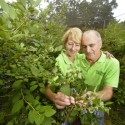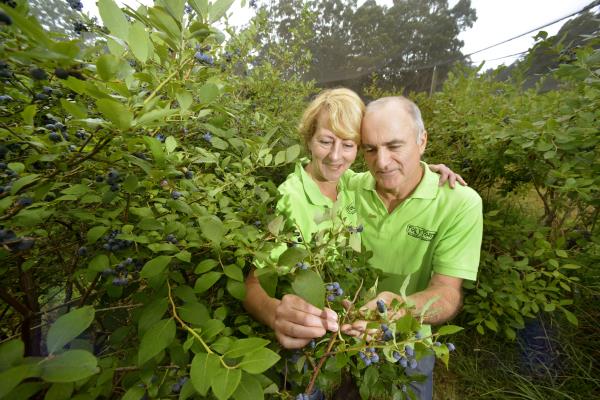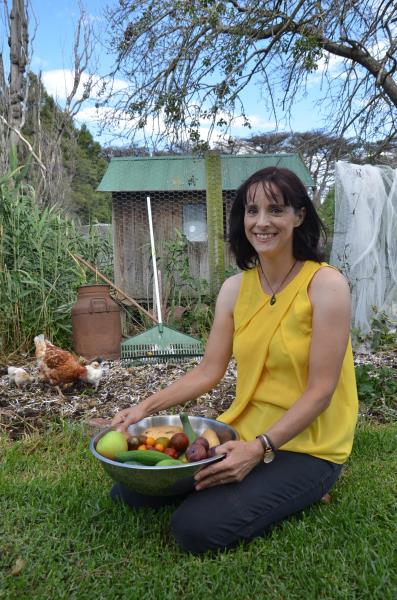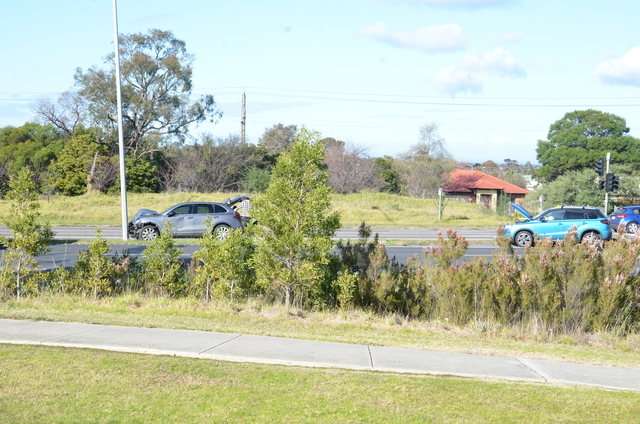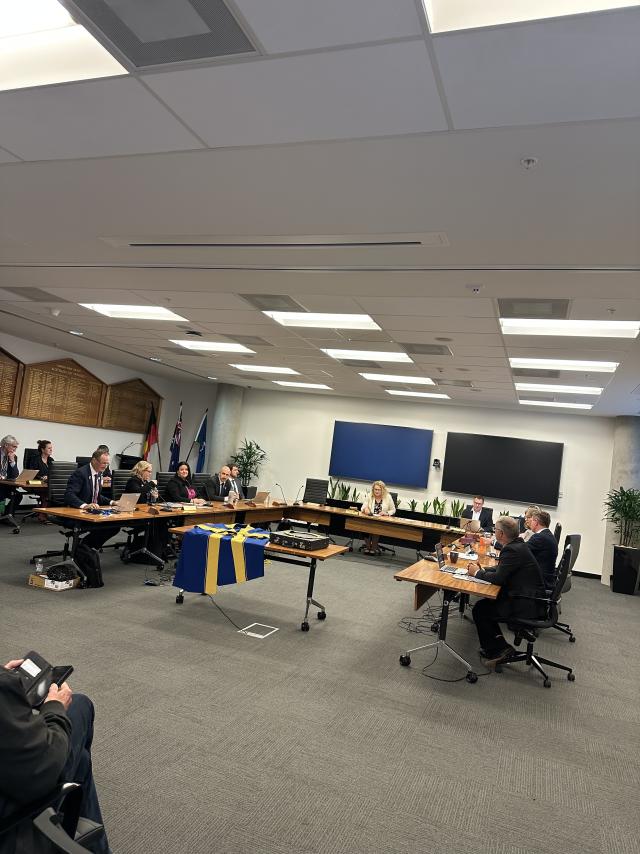By ANEEKA SIMONIS
CARDINIA food producers are banking on the region’s clean green image giving their businesses a boost following the imported berry hepatitis A scandal.
Owners of Folly Farm Blueberry Growers Belinda and Rob Rooth said their berries were grown naturally in a clean environment unlike certain imported foods that didn’t meet the same standard.
“We don’t use pesticides or herbicides. There are no concerns with people eating them,” Belinda said.
“By picking your own fruit, people can see where it comes from and how hard farmers work to provide healthy fruit and vegetables.”
The Rooths, who have operated the blueberry farm for 16 years, said they noticed an increase in U-pick sales since various Nannas’ frozen mixed berries were recalled from supermarkets after hepatitis A scares.
It is believed the berries were washed using water contaminated with faeces of an infected person.
Tynong-based health practitioner Melissa Rolfe said if her home garden didn’t keep her full – she bought exclusively local.
“I think it’s vitally important that we eat locally grown, seasonal food and support our local growers and primary producers,” said Ms Rolfe, who qualified in nutritional medicine and naturopathy.
“We have exceptional produce here, yet it’s overlooked for cheaper imports for the sake of cost and convenience.”
She said Australian food standards offered her peace of mind about what she was putting into her body unlike imported foods.
“Many imported foods are coming from countries with very high levels of pollution, poor sanitation, and workers who are uneducated in safe food handling and where there are higher disease burdens on the population which can lead to increased risk of contamination,” she said.
Federal Minister for Health Sussan Ley, who made a recent visit to Berwick, encouraged people to eat locally but assured Australians to feel confident in the imported foods available in the country.
“There have been many Buy Australian campaigns and I support them all,” she said.
“The more we can buy in Australia the better, but sometimes produce is going to be imported and that’s not a bad thing.
“It’s a very bad thing when that produce is contaminated,” she said.

